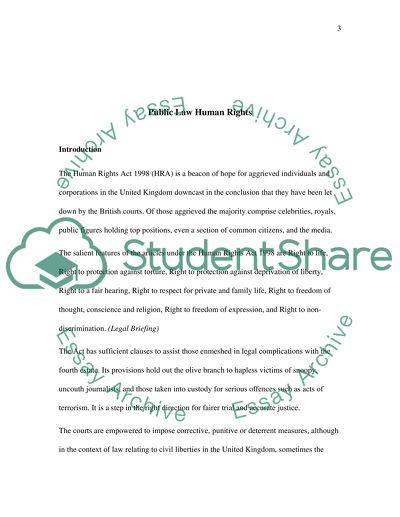Cite this document
(“Public Law Human Rights Essay Example | Topics and Well Written Essays - 2000 words”, n.d.)
Retrieved from https://studentshare.org/law/1514192-public-law-human-rights
Retrieved from https://studentshare.org/law/1514192-public-law-human-rights
(Public Law Human Rights Essay Example | Topics and Well Written Essays - 2000 Words)
https://studentshare.org/law/1514192-public-law-human-rights.
https://studentshare.org/law/1514192-public-law-human-rights.
“Public Law Human Rights Essay Example | Topics and Well Written Essays - 2000 Words”, n.d. https://studentshare.org/law/1514192-public-law-human-rights.


